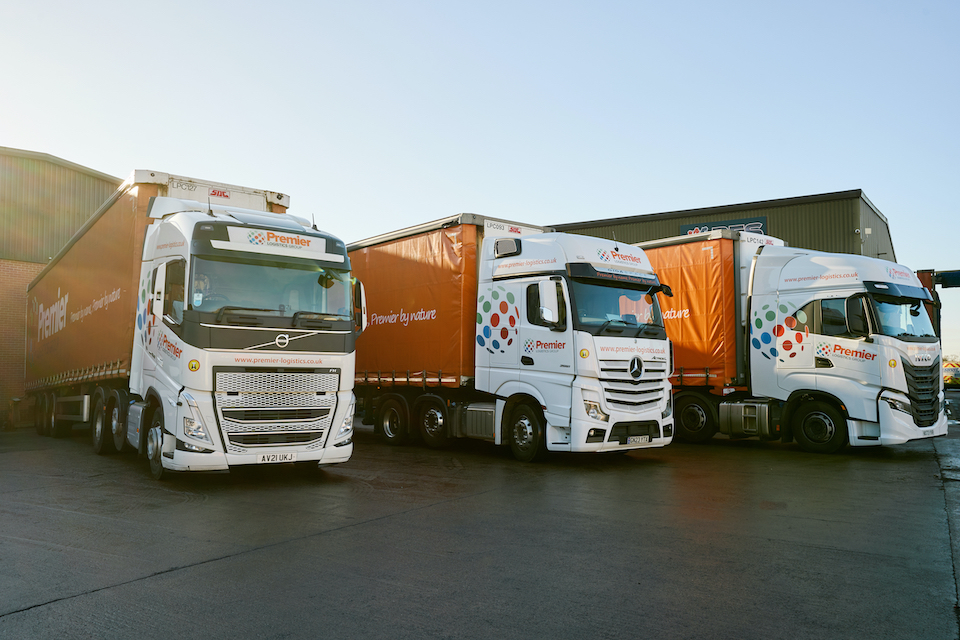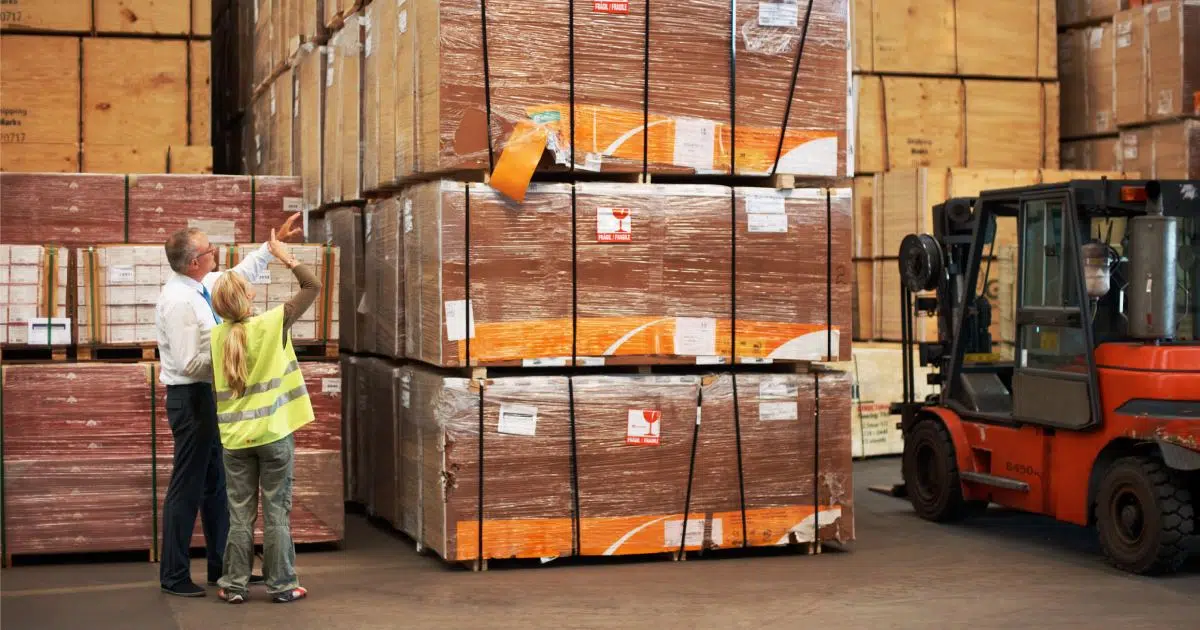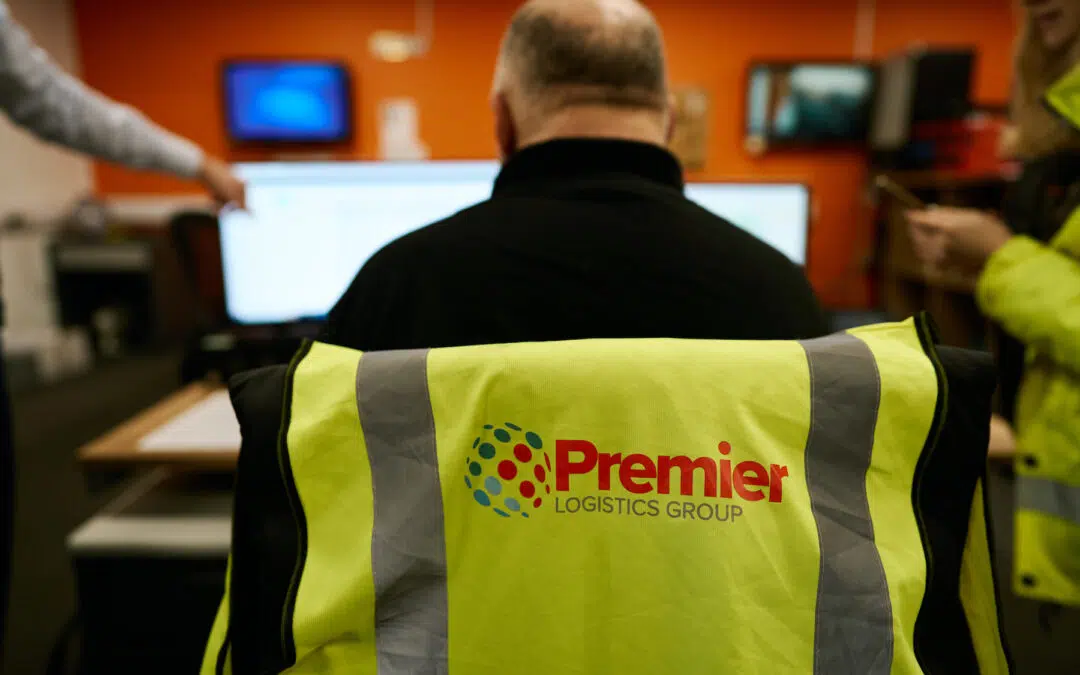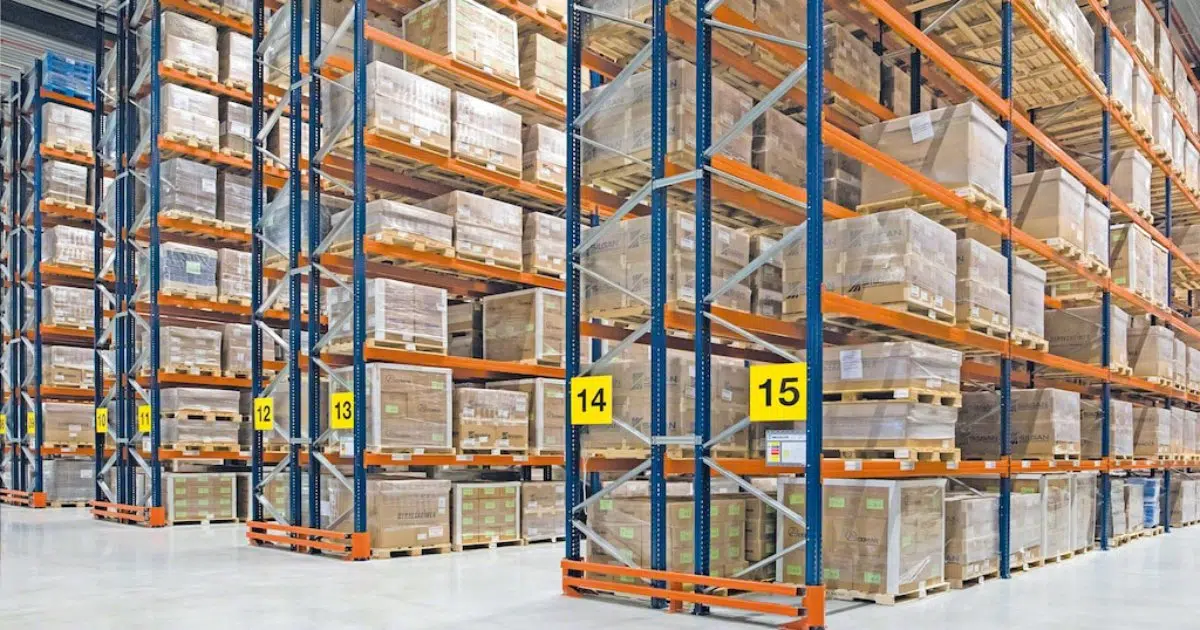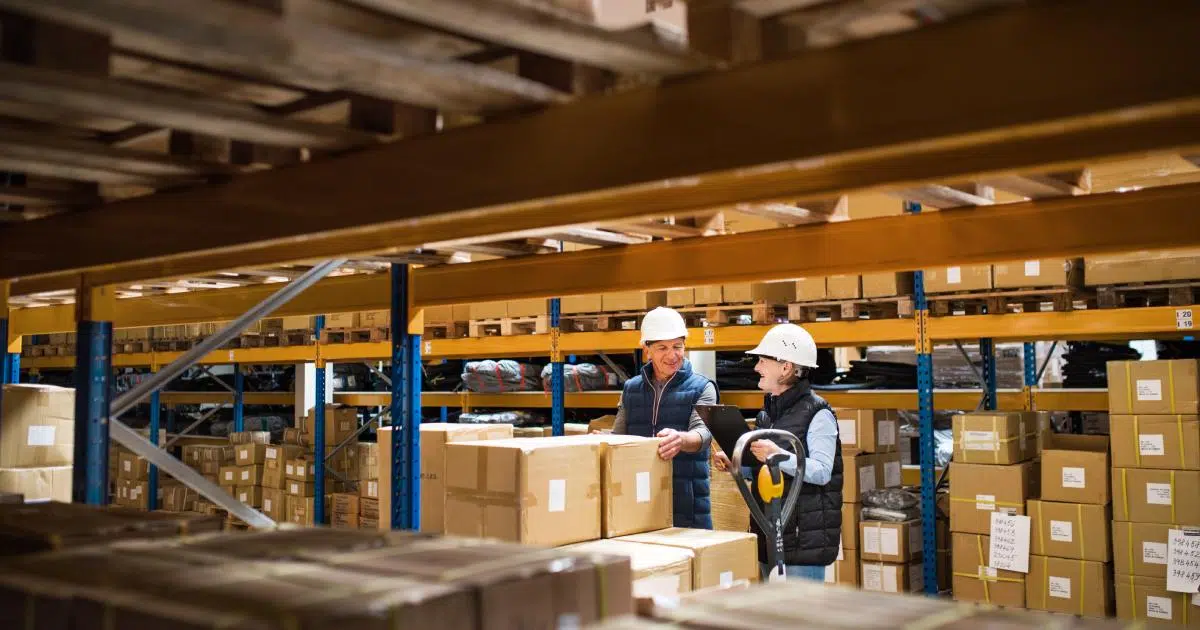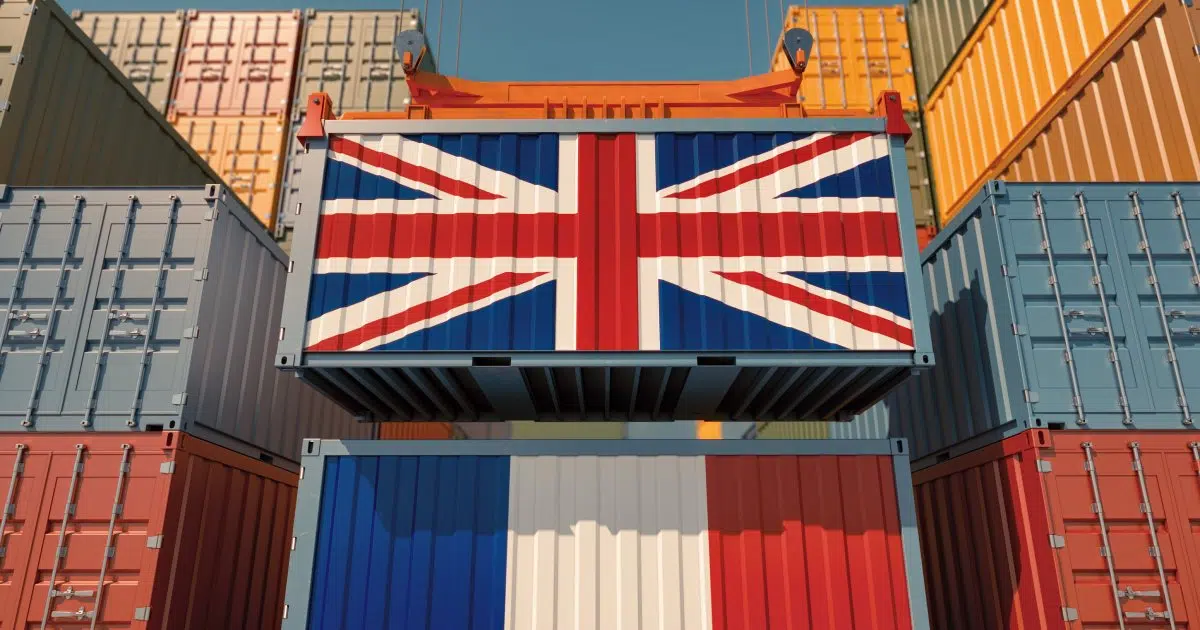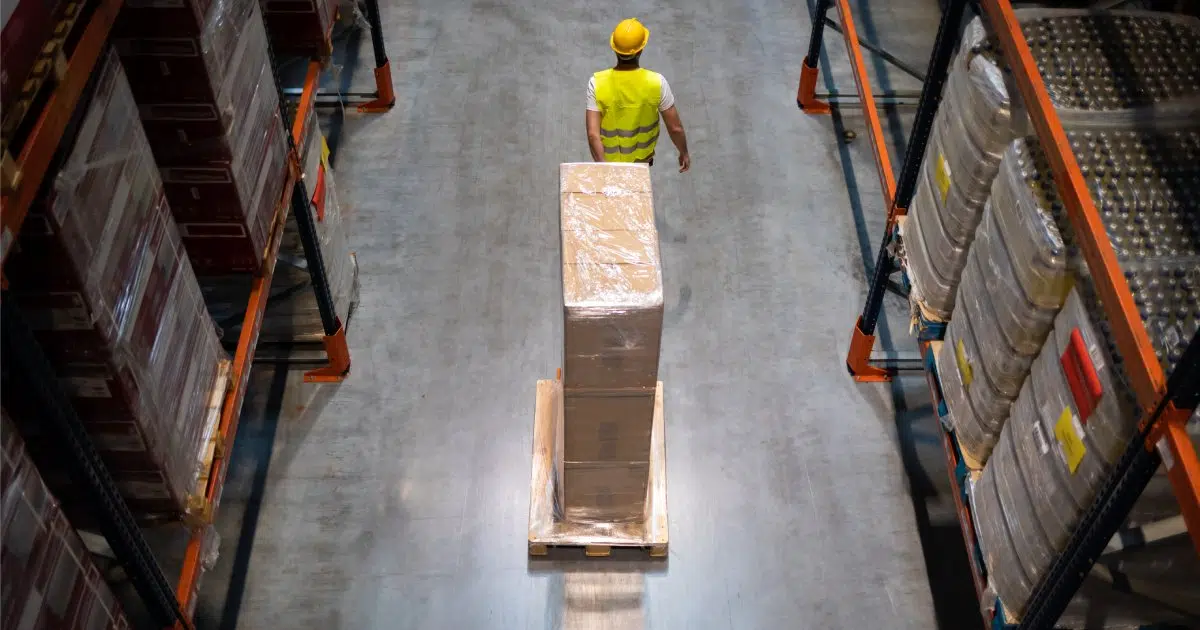Contents
- 1 A guide to the advantages and disadvantages of outsourcing distribution and finding a logistics provider
- 2 Cons of outsourcing distribution
- 3 Pros of outsourcing distribution
- 3.1 You won’t have to manage the space or inventory
- 3.2 Access to advanced technology
- 3.3 You’ll be working with logistics experts
- 3.4 Keep up with demand in real-time
- 3.5 Money is saved to invest back into the growth of the business
- 3.6 Your reputation in sustainability is enhanced
- 3.7 You can focus on the core of your business
- 4 Conclusion
A guide to the advantages and disadvantages of outsourcing distribution and finding a logistics provider
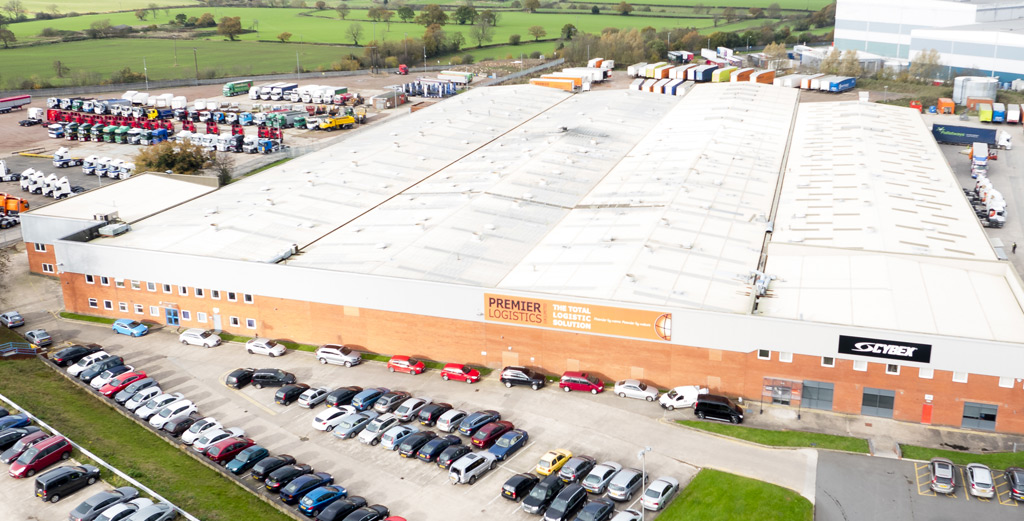
Getting finished goods to customers is one of the trickier elements for manufacturers. Finding a logistics provider and outsourcing distribution to them is one way that manufacturers can make work easier for themselves.
Oftentimes, manufacturers produce fantastic products with their expertise and skills in creativity, design, and leadership. So much time and effort goes into the complex process of creating these products that the distribution of them isn’t always prioritised.
The reputation of a brand can be damaged if distribution is overlooked or left until the last minute. This could be due to delivery delays, damage complaints, and general customer care taking a hit.
If you’re ready to step up your game in the distribution department, you might be considering outsourcing to a third-party provider. But before you do that, it’s important to weigh the pros and cons of partnering with an outside company.
Here are some things to consider when making this decision:
Cons of outsourcing distribution
You won’t have to manage the space or inventory
When choosing a distribution partner, it’s important to choose one you can trust. ‘Trust’ means you have confidence that your partner will meet your needs and deliver on their promises. It’s important for them to have evidence of a good reputation in the industry. Otherwise, why would anyone want to work with them? A company with a strong reputation has built up goodwill over time by doing what they say they’ll do and treating customers fairly.
Pricing could affect your finances
Costs are increasing for distributors as of late. Fuel and regulations are impacting them greatly. So their rising costs could impact your business eventually. It’s possible that a logistics provider will service many clients in the same industry and buy in products or materials they all require on their behalf at a cheaper deal. Your company could piggyback off this buying power. If you can’t find a logistics provider you can benefit from in this way, look at your own organisation to understand if there is synergy between yourselves and other local companies that might be purchasing the same materials. You could team up to maximise your buying power and minimise your costs. This partnership could benefit a logistics provider and help you get a better deal.
They may not have appropriate accreditation
To avoid any risks of partnering with the wrong distribution partner for your business, look out for certain criteria. For instance, if you want to distribute temperature-controlled goods, the Brand Reputation Compliance Global Standards (BRCGS) means distributors must follow strict guidelines for temperature-controlled goods.
You may not have much flexibility in your agreement
Any contract could be worded in such a way that terms and legalities could be missed. Some contracts can be completely inflexible and tie your company down. A trusted partner will explain exactly what’s in the contract, what’s expected of you and what you can expect from them. Legalities can provide hiding places for liability. Look for worked examples in contracts to make sure all the interpretations and applications are clearly defined. Nobody likes surprises!
Pros of outsourcing distribution
You won’t have to manage the space or inventory
If you run a small business, space is a valuable thing. By outsourcing distribution, you won’t have to worry about finding the space to store your products. A distribution partner will do that for you. Storage goes hand in hand with inventory too. When outsourcing, a distribution provider will keep track of all items and know their exact whereabouts.
Access to advanced technology
A distributor’s role in your organisation is not only to deliver the goods but to protect them too. Logistics experts will have transport systems in place for moving heavy items around and tracking where they are at all times. And they’ll have perfected their communication systems with drivers, warehouse operators and admin staff so that it’s rare for anything to go amiss. And if something does go amiss, the experts will be able to proactively manage the situation to ensure minimal disruption to your supply chain. You may also be able to check the progress of your shipments online.
You’ll be working with logistics experts
You’re a pro at what you do but you can’t know everything and oftentimes, distribution isn’t part of a manufacturer’s know-how. Working with a logistics expert gives you peace of mind that your products are being handled with care. A trusted distributor will be compliant with health and safety meaning they’re educated in the handling of food products and other regulated items.
Keep up with demand in real-time
Customers have the right to change their minds. No matter how efficient your business is, last-minute changes can cause havoc. A third-party distributor can react to this and manage operations and inventory quickly and efficiently.
Money is saved to invest back into the growth of the business
You won’t have to fork out on expenses for warehouses, extra energy bills, maintenance and technology. The money you save can be spent on more important matters. The funds saved by outsourcing allow you to invest in staff training, product development, customer service or even bigger premises for a growing team.
Your reputation in sustainability is enhanced
Enterprises need to become more sustainable for the good of the environment. A third-party distributor will have the ability to deliver goods in the most economical way possible. They’ll do this because they know how to best save on fuel costs but they’ll also care about their own reputation when it comes to sustainability too.
You can focus on the core of your business
Whatever makes you money and keeps you in business is the core of your organisation. For some companies, that might mean manufacturing products; for others, it could be marketing and sales or customer service. Regardless of which part of a company’s activities are considered its core activity, outsourcing distribution frees up time for managers. The team can focus on their job roles instead of worrying about shipping orders or managing warehouses.
Conclusion
It is important to note that there are both pros and cons of outsourcing distribution. What matters most, is that you do what’s most efficient for your business. Take into consideration your brand reputation, finances, marketing, and customer care. Outsourcing distribution or keeping it in-house will affect these things in one way or another, positively or negatively. A trusted logistics provider will be able to demonstrate the value that they bring and be open about the risks.
Image by Freepik


